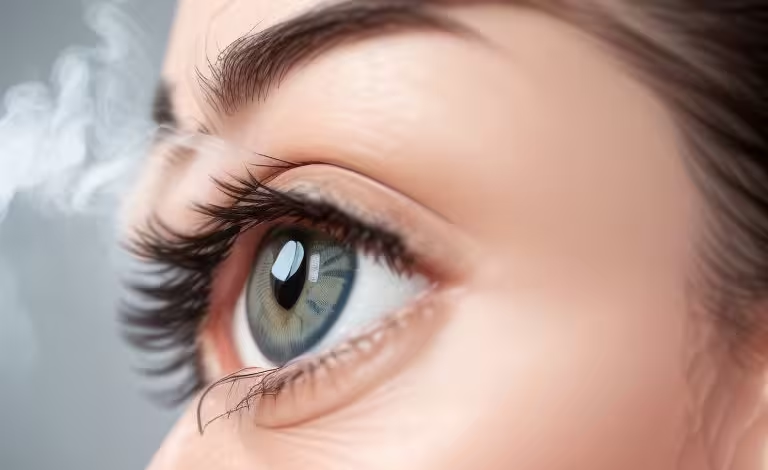
What Should I Avoid if I Have Dry Eyes? 8 Things You Must Know
Dry Eyes can be a real pain—literally. If you’re constantly battling that gritty, burning sensation, you’re not alone. Millions of Americans deal with Dry Eyes every day. The good news? There are simple things you can avoid to make your eyes feel a whole lot better. Let's dive into the top 8 things you should steer clear of if you have Dry Eyes.
1. Avoid Excessive Screen Time
Spending hours in front of screens—whether it’s your computer, phone, or TV—can really strain your eyes. The blue light emitted by these devices causes you to blink less frequently, leading to dryness.
Tips:
- Take regular breaks using the 20-20-20 rule: Every 20 minutes, look at something 20 feet away for 20 seconds.
- Use screen filters to reduce glare and blue light.
2. Say No to Smoke
Smoking and exposure to secondhand smoke can aggravate Dry Eyes. The chemicals in cigarette smoke are irritants that can worsen eye dryness.
Tips:
- Quit smoking, or if you’re not a smoker, avoid smoky environments.
- Use air purifiers at home to keep the air clean.
3. Steer Clear of Windy Environments
Windy conditions can quickly dry out your eyes by increasing evaporation of tears. This is especially true if you’re outdoors or even inside a car with the windows down.
Tips:
- Wear wrap-around sunglasses when you’re outside.
- Use a humidifier indoors to keep the air moist.
4. Avoid Dehydration
Dehydration can lead to a decrease in tear production. Not drinking enough water throughout the day can make your Dry Eyes even worse.
Tips:
- Aim to drink at least 8 glasses of water a day.
- Include hydrating foods in your diet, like cucumbers and watermelon.
5. Limit Caffeine and Alcohol
Caffeine and alcohol can both dehydrate your body, including your eyes. Excessive consumption can reduce tear production, making your eyes feel drier.
Tips:
- Limit your intake of coffee, tea, and alcoholic beverages.
- Drink a glass of water for every cup of coffee or alcoholic drink you consume.
6. Be Cautious with Makeup
Certain makeup products, especially those used close to the eyes, can contribute to dryness and irritation. Eyeliners, mascaras, and eyeshadows can block the oil glands around your eyes, affecting tear production.
Tips:
- Choose hypoallergenic and ophthalmologist-tested products.
- Always remove makeup thoroughly before going to bed.
7. Avoid Certain Medications
Some medications can have side effects that include Dry Eyes. Antihistamines, decongestants, and antidepressants are common culprits.
Tips:
- Talk to your doctor about alternative medications if you notice increased dryness.
- Use lubricating eye drops if you need to continue taking these medications.
8. Reduce Exposure to Air Conditioning and Heating
Air conditioning and heating systems can significantly reduce indoor humidity, leading to Dry Eyes. The dry air they circulate can quickly evaporate the moisture from your eyes.
Tips:
- Use a humidifier to maintain indoor humidity levels.
- Avoid sitting directly in the airflow of air conditioners or heaters.
Wrapping Up
Dry Eyes can be incredibly uncomfortable, but by avoiding these common triggers, you can make a big difference in how your eyes feel. Remember, small changes in your daily habits can lead to significant improvements. Keep your eyes moist and comfortable by staying hydrated, protecting them from harsh environments, and being mindful of what you consume and apply near your eyes.
If you have persistent Dry Eyes, it’s always a good idea to consult with an eye care professional. They can provide tailored advice and treatments to help you find relief.

